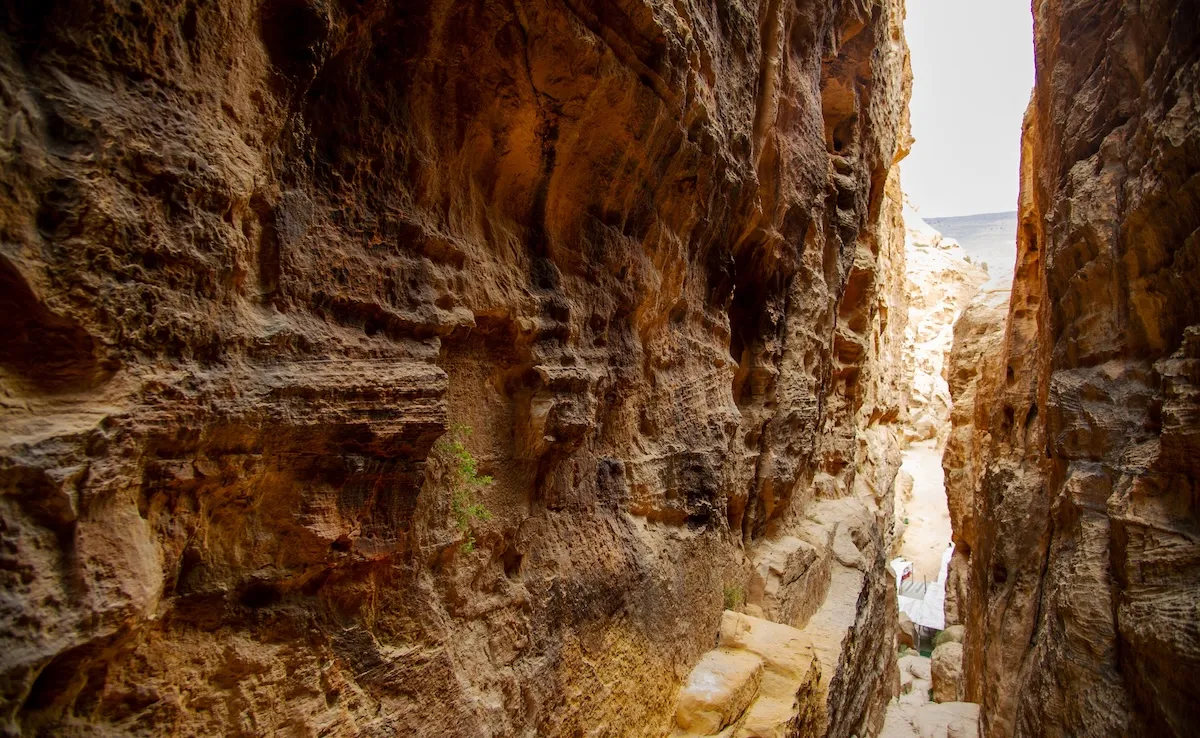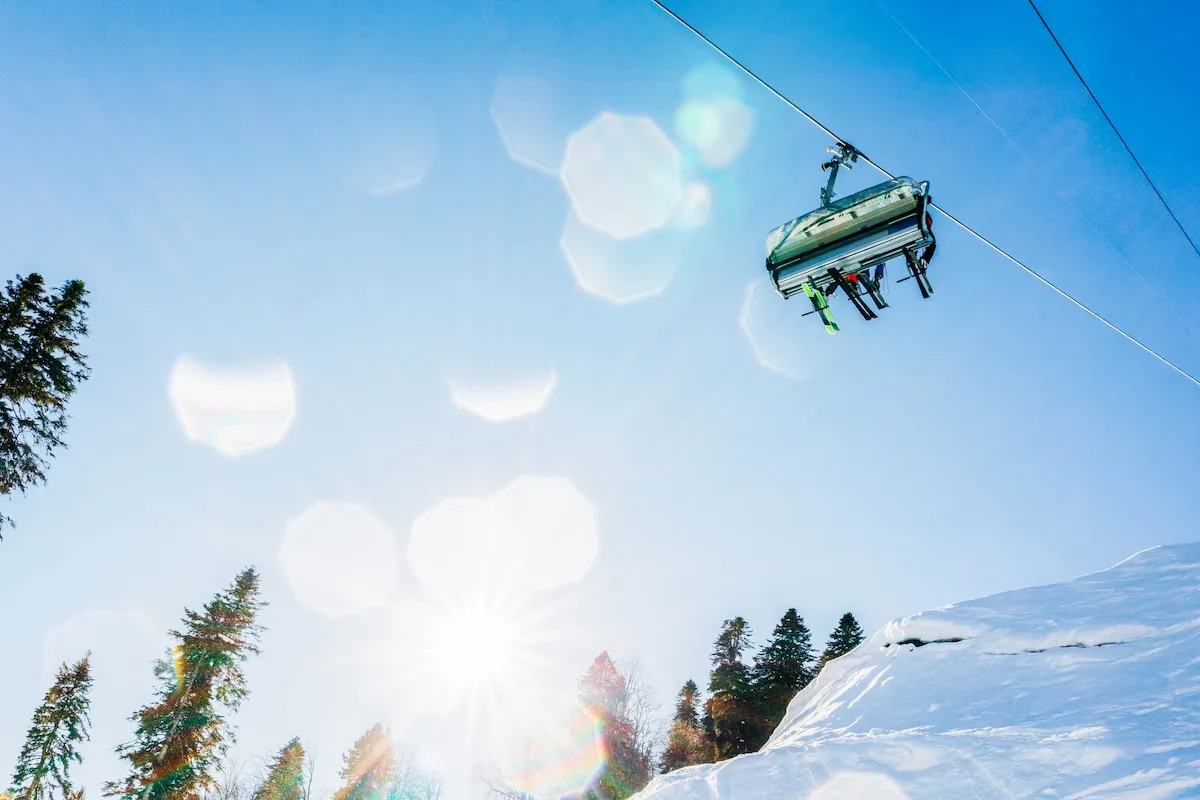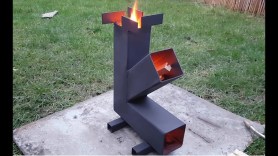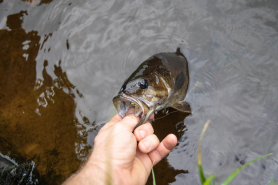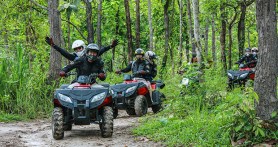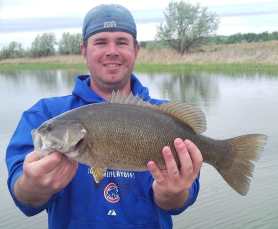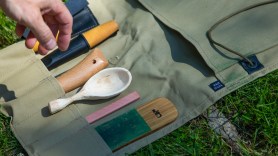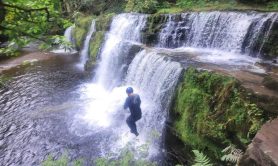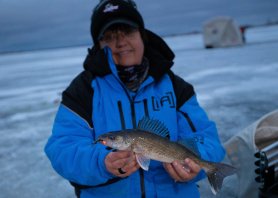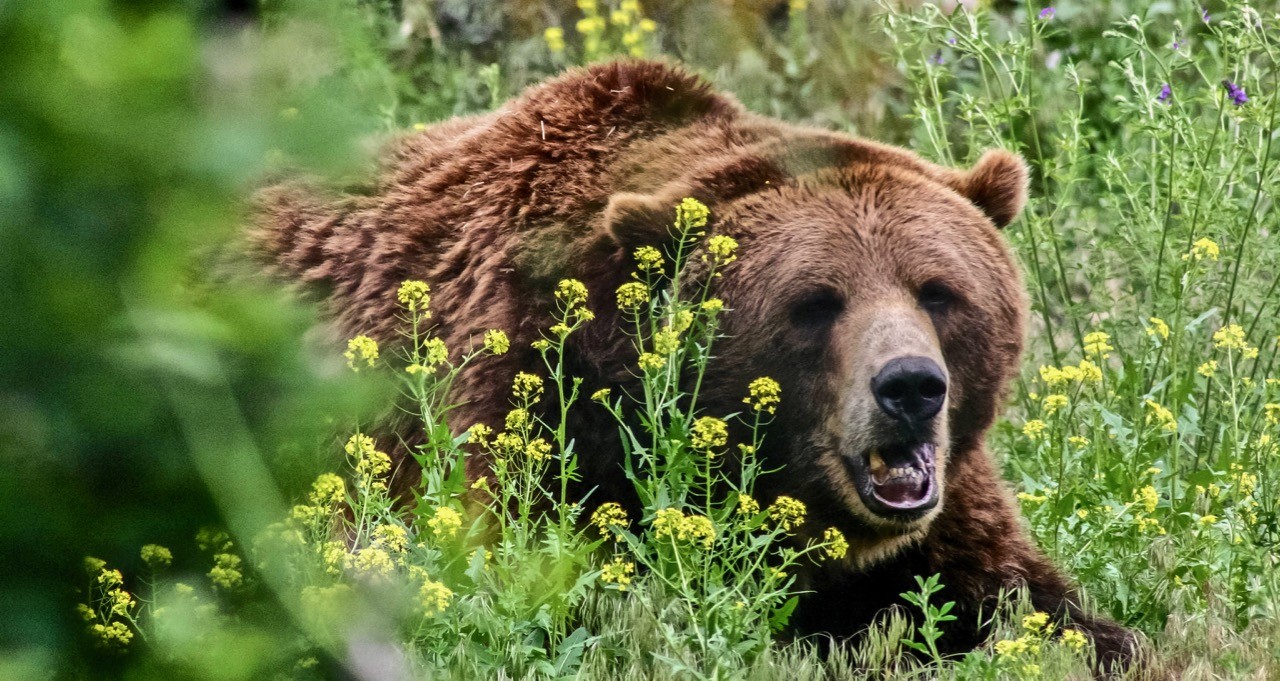

If you’re going hiking or mountain biking or spending a weekend backpacking, there’s a small possibility you’re going to encounter a bear. We’re guessing that in this situation you’re going to want the best bear spray.
Videos by Outdoors
Now, most wild bears have little interest in people. Under normal circumstances, we’re not on their menu, and they’ll prefer to walk away rather than encounter anything that walks on two legs as a hunter would. At worst, you may end up finding that your pic-a-nic basket has been stolen while you slept.
But there are still occasions when a bear can become threatening. Generally, this is for one of three reasons:
· You got too close to its cubs. Sometimes, you round a corner on the trail and find something unexpected. If that unexpected thing is a mama bear with her cubs, she may perceive you as a threat. And she’ll respond in kind.
· The bear is territorial. Big male grizzlies don’t like it when any predator strays into their territory. Since humans are predators, that means us.
· The bear is starving. Starving bears can perceive us as food if their choice comes down to “eat the two-legged meat sack or starve to death”. This can happen in late fall if a bear has had a bad season and is desperate for food before it hibernates. It happens a little more frequently after the first spring thaw when bears come out of hibernation and are searching for their first meal.
So how do you avoid becoming Facebook famous for getting turned into bear chow? Here are a few quick tips.
Back Away Slowly
If you see a bear, but the bear doesn’t see you – or is ignoring you – your best bet is to back away slowly, and take a wide path around the bear if that’s possible. Chances are, the bear will only become hostile if you keep getting closer to it.
Yell and Throw Rocks
This sounds silly, but more often than not, it’s effective.
If a bear is coming in your direction, it’s either curious, or it’s naïve and thinks you’ll make an easy meal. In this case, running away can actually cause its predator instincts to kick in, and it’s liable to give chase. Pro tip: you can’t outrun a bear.
Instead, you need to make it clear to the bear that you are not an easy meal and/or a toy. Yell in the deepest voice you can manage, and wave your arms in the air to make yourself look as big as possible. And throw rocks or any other objects you can find. You’re not going to injure the bear, but you’ll show it that you’re not a placid prey animal.
Use Bear Spray
If the bear keeps coming, it’s a good idea to have a canister of bear spray close at hand. This is basically a milder form of pepper spray and uses the same spicy capsaicin that we use to deter humans. The good news is that since bears’ noses and eyes are so sensitive, a spray that will incapacitate a bear will only be mildly irritating to humans.
Since this can be a fast-developing situation, it’s a good idea to keep your spray in a holster or hanging from your bag. You won’t have time to go rooting around for it.
Here are a few tips on how to use your bear spray:
· Know the range of your spray can. If you spray before the bear is close enough for you to hit it, you’ll have wasted your bear spray.
· Leave the area after you spray. The bear will take a few minutes to recover, but if it’s determined, it may come back angrier than before. Use this time to get as far away as possible.
· Practice beforehand. Bear spray isn’t the cheapest thing in your camping kit, so you may be tempted not to “waste” a can on practice. Thankfully, most companies sell “practice cans” so you can gain experience before hitting the backcountry. Do you really want to go into a life and death situation with no practice? We didn’t think so.
Here are a few recommendations for good, field-tested bear sprays.
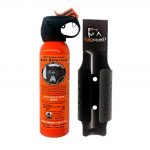 UDAP Bear Spray
UDAP Bear Spray
This spray has a very long range, at 30 feet. That may not seem very far when you’re staring at a mouthful of angry bear teeth, but it’s further than most sprays on the market. It also features a very high capsaicin content, at 2 percent. Combine those two factors, and you’ve got a hard-hitting bear spray with a large area of effect.
The 7.9-ounce can gives you about 6 seconds worth of spray.
Now, we’re not usually inclined to worry about cosmetic appearance when we’re talking about safety products, but we couldn’t talk about the UDAP spray without mentioning the fact that there are four different holster options. In addition to black, tan, and brown plastic, there’s also a black cloth hip holster.
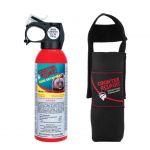 Counter Assault Bear Spray
Counter Assault Bear Spray
Counter Assault has the longest range of any bear spray on the market – 40 ft. It’s quite powerful as well, with the same 2 percent capsaicin content as the UDAP spray, which is the highest concentration allowed by law in the United States.
What we really liked about this spray was the size of the can, which weighs in at a hefty 10.2 ounces. This is enough for 8 seconds of bear-stopping action. It also comes with a slick, tactical nylon holster that you can wear across your chest or around your waist.
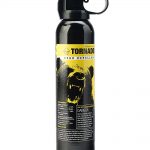 Tornado Bear Repellant
Tornado Bear Repellant
Ruger is best known for manufacturing cheap and reliable firearms. But they also make Tornado Bear Repellant, a slightly less violent way of dispatching an angry bear.
This spray is more affordable than the last two, and it’s almost as strong, with a 1.34 percent capsaicin concentration. It produces a cloud that’s most effective at 20 feet, and the 9-ounce bottle gives you 10 seconds of spray. This means your cloud won’t be quite as potent but will last longer in case your four-legged assailant doesn’t get the message right away.
The only downside? No holster. But it’s reasonably-priced and reliable.
One other thing we should mention – bear spray is effective on more than just bears. Check out this story about a guy that stopped a cougar attack with it. He had it on his hip ready to go and it probably saved his life.
